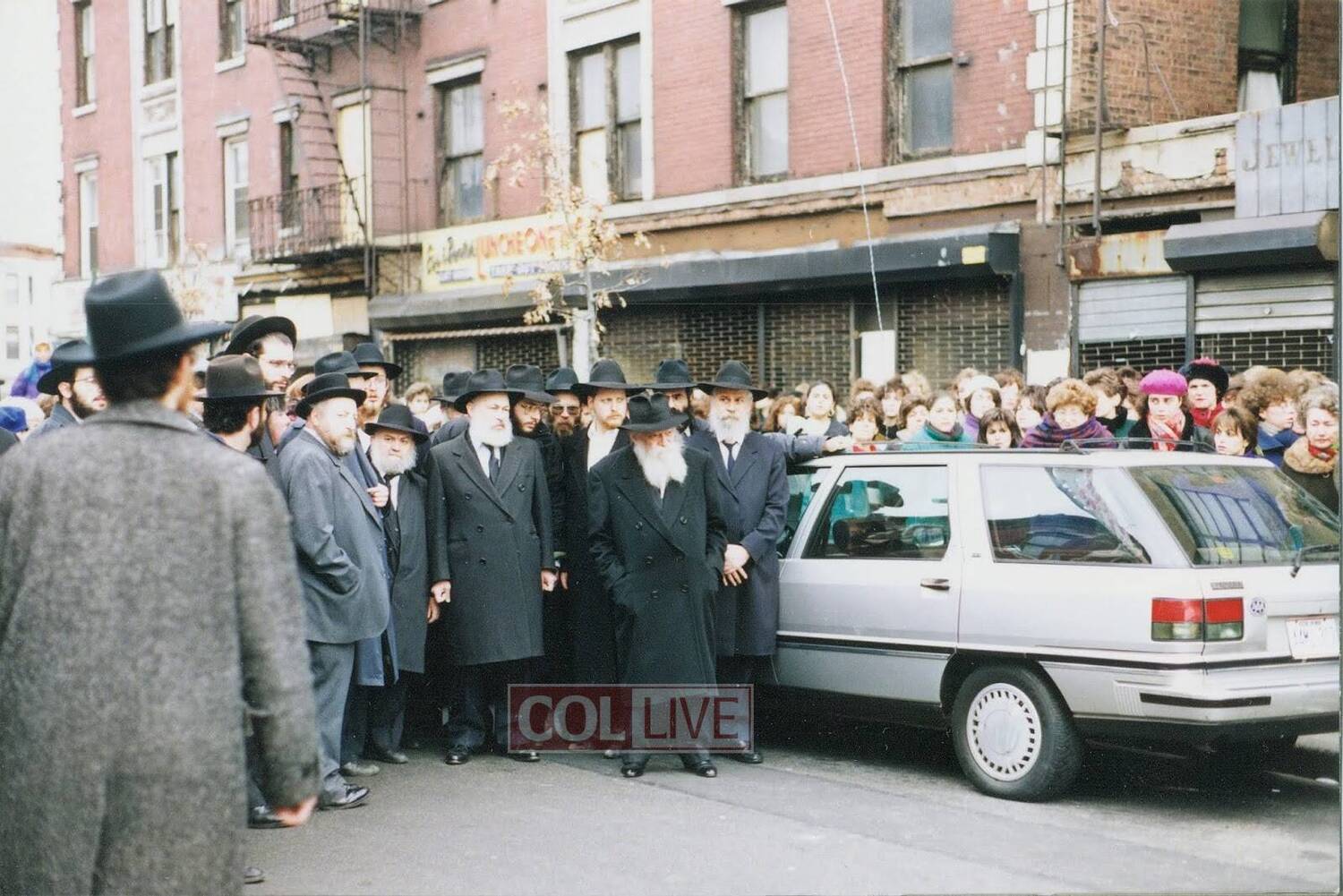Divine Will, Divine Right
Peace in Israel – can it be gained in a constructive way? In times of war, what should residents of Israel, and Jews the world over, do?
As Israel finds herself again in weary battle, with precious lives lost and many in peril, the Avner Institute presents a collection of powerful encounters with those who met and discussed with the Rebbe these matters, the Rebbe’s grim prediction of appeasement, and his impassioned plea for spiritual return and moral clarity. With special thanks to Rabbi Yosef Levin.
“Love for Israel”
It was June 1966, during an historic and controversial visit. The Rebbe handed to then President of Israel, Zalman Shazar, a booklet containing a Chassidic discourse written exactly 100 years earlier and soon to be published.
“It is being printed in honor of your visit,” the Rebbe said. “I am presenting you with the first copy.”
Zalman Shazar, moved, looked over the booklet. “Brilliant,” he said. “Thank you very much. It is appreciated.”
Then he sighed. “Unfortunately, there are some people I know who are not friends of Eretz Yisroel, in contrast to the Rebbe, who loves Israel.”
The Rebbe gently replied, “Inside, they also love Israel.”
“Aftermath of War”
In his diary journalist Shmuel Avigdor remembers a profound private audience with the Rebbe shortly after the Six Day War.
I asked, “What should I write in the newspapers about the spiritual arousal, an outcome of the Six Day War, which many Jews are experiencing?”
The Rebbe replied:
“You should stress the importance of laying tefillin every day and observing Family Purity. The latter is very difficult to maintain; but now that people are searching for ways to fill a spiritual void, the opportunity to emphasize it is feasible.
“Also, we must work very hard to persuade Jews to go to shul regularly and for its own sake. If they feel that Shabbos is the only impetus to go, and, in keeping with their observance, they must attend, then that will have no subsequent effect on their religious observance outside of shul.
“Many feel there is a difference between Shabbos and the rest of the week; even those who, instead of going to shul, go to the beach, act differently – taking along special food simply because they sense a festive atmosphere (a little yom tovdik!). Nevertheless, they will persist in going to the beach, not allowing Shabbos to have its incredible effect on them, despite their awareness of its sanctity.
“The same holds true regarding those who, while obviously more involved, attend shul on Shabbos. Appearing there, without conviction, merely because that is what tradition expects, will not have much impact.
“However, by beginning to appreciate the value of services, people who step into shul, even without praying, will experience a practical effect on their Judaism and an enhancement of ties connecting them to the Jewish people. When coming to shul with the proper appreciation, even though initially without active participation, their attitude will change entirely:
“First, they will desire to offer a small prayer or recite a chapter of Psalms, and eventually they will take part in the prayers with everyone else. Additionally, while in shul, they will from time to time hear an inspiring talk, motivating them to make essential changes in their lives.
“This desired influence on life away from shul applies to everything. The significance of the morning prayers, for example, lies not only in the fact that through prayer a Jew connects to holiness and to G-d, but also that upon conclusion his prayers maintain a constant and decisive impact on his entire day. Similarly, the increase in observance, inspired by the Six Day War, must be in a profound and lasting manner, lasting for many years.”
State of Awakening
The Rebbe added:
“I recently had a discussion with a Rosh Yeshiva regarding which aspects of Judaism should be encouraged in the aftermath of the war. He told me that people should set aside additional time during the day to study the Torah. I disagreed with him, because, although his idea is definitely noble and worthy of adoption, it is imperative that new steps be taken directly from the unprecedented inspiration that arose from the Six Day War. His suggestion, on the other hand, is based on the outcome of a regular war, which could lead to inspire “regular” religious observance. This, however, is completely not proportionate to the current, unusual circumstances. Again, what must occur is a much deeper and essential change.”
Concluding his answer, the Rebbe turned to me. “Please tell me, is the spiritual inspiration experienced by many after the war still as strongly felt?”
“It has subsided considerably,” I answered, “but there are still those who remain inspired, especially among Sephardic Jews.”
“All Jews are in a state of awakening,” noted the Rebbe, addressing the difference between the types of Jews. “With the Sephardim it is only in a more revealed manner. In general, it’s a lot easier to affect them because they divulge their emotions. Ashkenazi Jews, on the other hand, generally conceal their feelings.”
Hesitantly I asked, “Should I write an article in the newspapers about the conflict presently raging in Israel, between the observant Jews and the non-observant Jews?”
“No,” the Rebbe answered. “If your readers themselves ask about it, only then must you answer and explain the issue, in a manner that dispels their question from the outset. As long as people are not asking of their own curiosity, you should not broach this topic.”
To receive this to your inbox, email [email protected]




